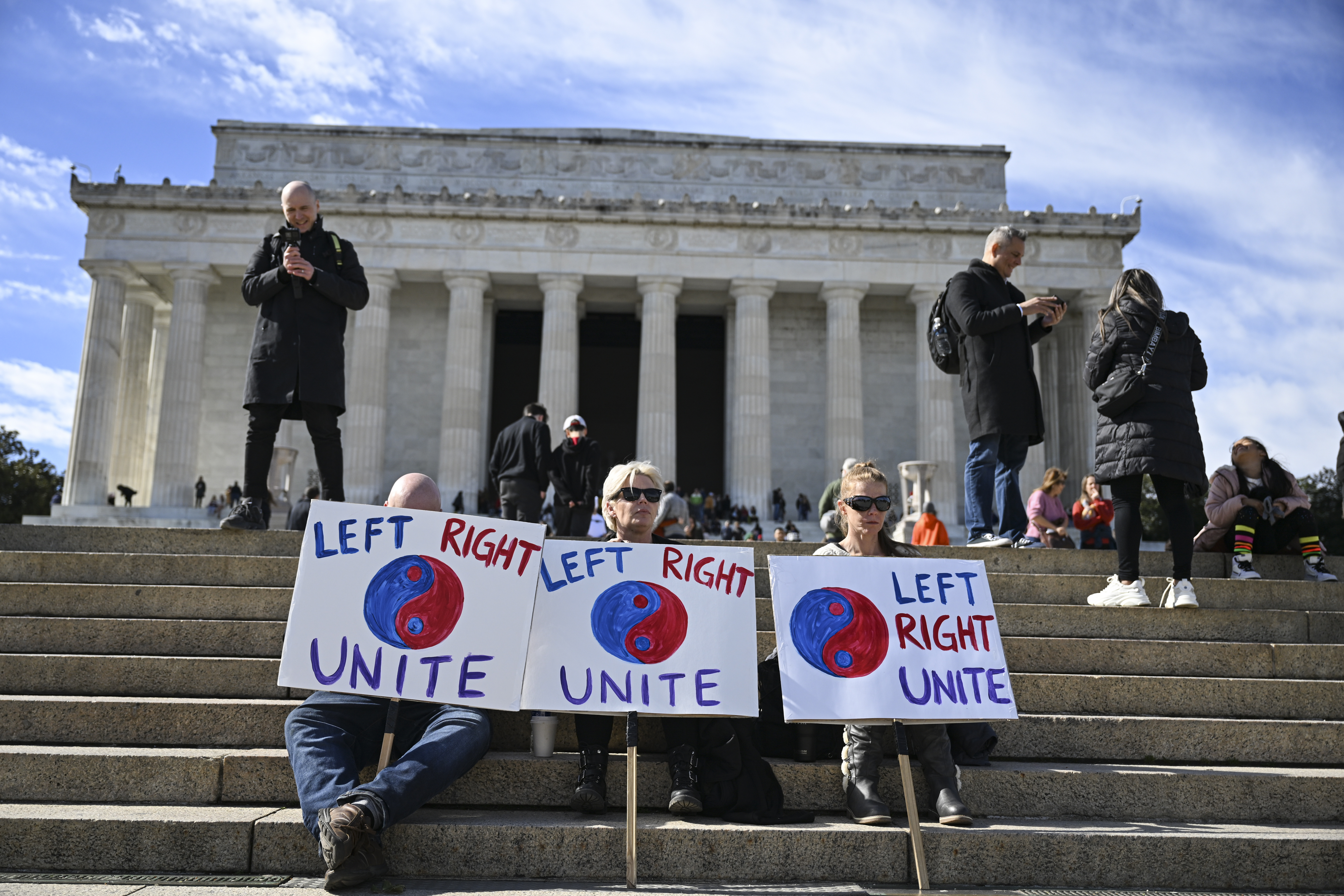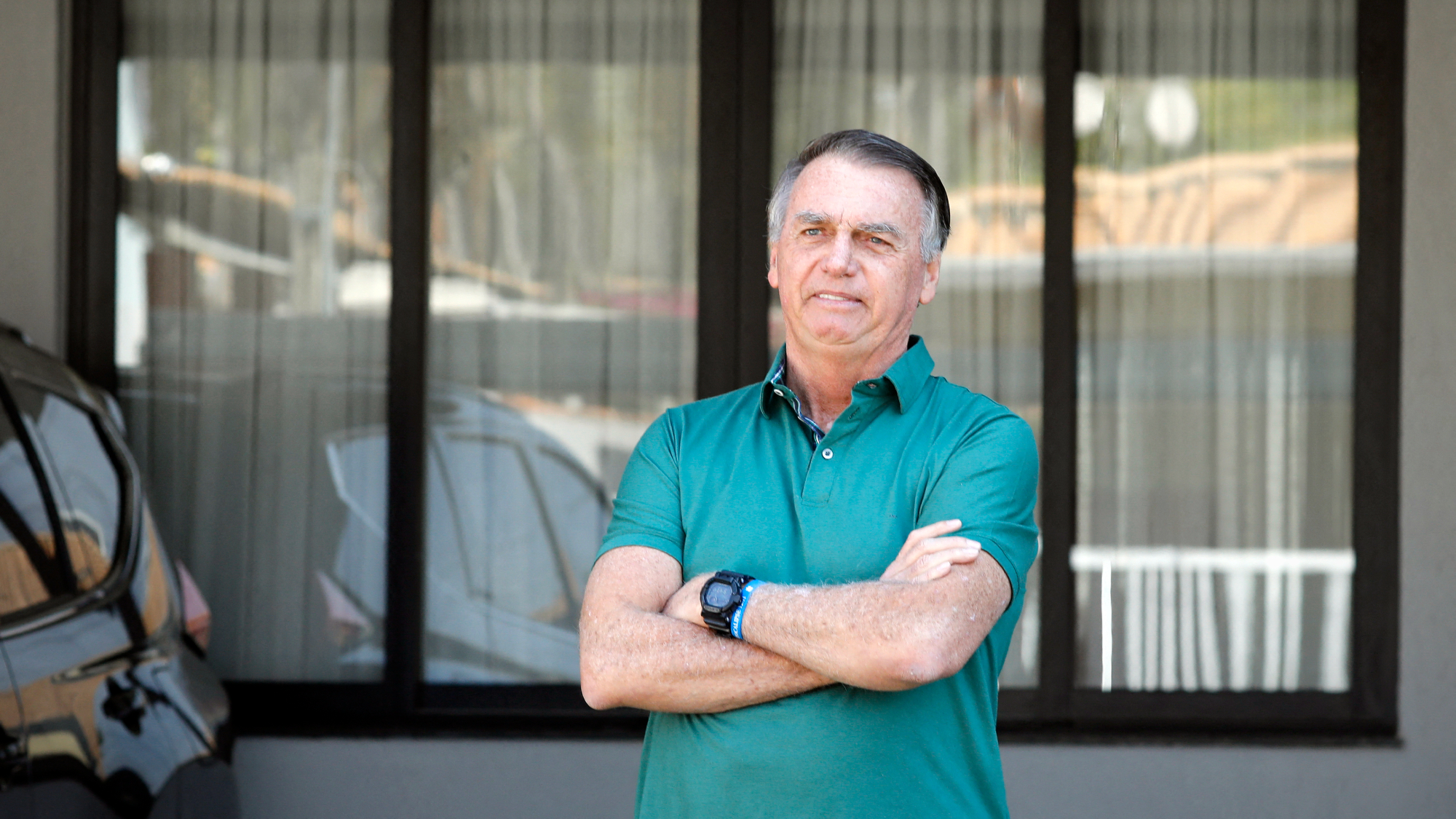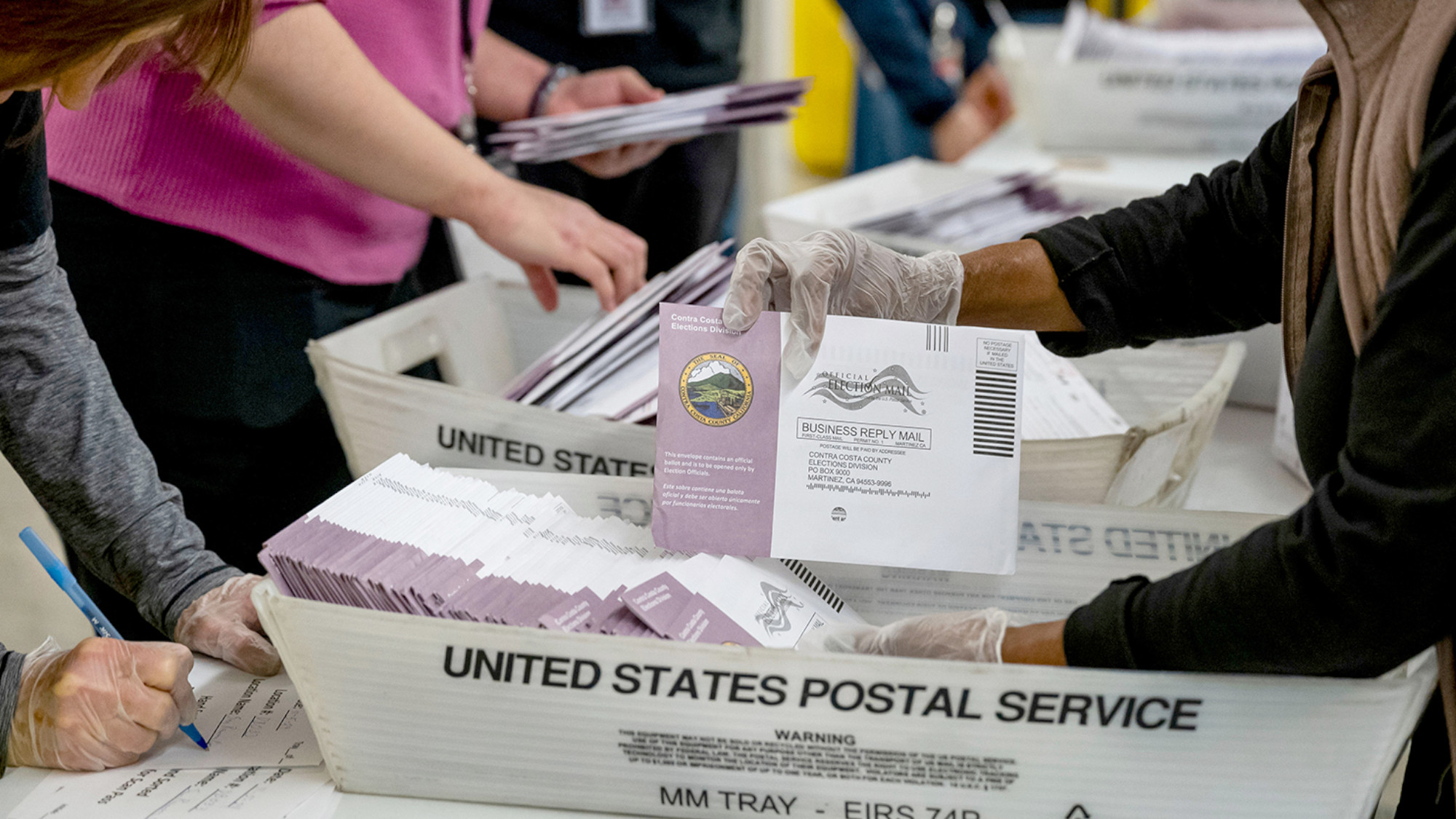What is The People's Party that launched Cornel West's presidential campaign?
Before opting to run for the Green Party's nomination, academic and progressive icon Cornel West linked up with a political group known for anti-vaccine members and extreme right-wing associates


A free daily email with the biggest news stories of the day – and the best features from TheWeek.com
You are now subscribed
Your newsletter sign-up was successful
When longtime public intellectual, academic, and philosopher Dr. Cornel West announced that he was running for president in 2024, he offered a host of progressive initiatives as proof that "as a presidential candidate for the People's Party" he would "reintroduce America to the best of itself." Less than two weeks later, West thanked the volunteers of the People's Party for their help, but said he would instead be seeking the presidential nomination of the more established Green Party "in the spirit of a broad United Front and coalition strategy." The pivot was seemingly at odds with his assertion just a week earlier that he'd initially chosen to run with the People's Party over the Greens because "the People's Party, in its inception and in its vision, is a populist one."
Nevertheless, West's scant days spent exclusively as the People's Party candidate — and his subsequent shift — have helped raise the profile of a group that's largely been left on the fringe of the American political spectrum. So what is the People's Party, and how has it become so controversial in such a short time?
What are they saying?
Created in the wake of Sen. Bernie Sanders' (I-Vt.) 2016 presidential campaign by former Sanders staffers, the People's Party was launched "with noble roots to form a new political party independent from corporate money and influence," the New Republic's Prem Thakker said. On its website, the group lists a fairly straightforward agenda that touches on a number of standard progressive priorities including plans to "get money out of politics and ban corporate lobbying" as well as expand civil liberties, health care access, and environmental protection. Since its founding, however, the People's Party has been "mired in troubling allegations, as well as broader organizational dysfunction," Thakker added. Sexual misconduct allegations against founder Nick Brana "have thrown the future of his political group the Movement for a People's Party into doubt," Eoin Higgins, one of the first journalists to report on the claims, wrote. "The People's Party has had some issues with regard to leadership that are definitely antithetical to progressivism," Higgins told The Nation's Jeet Heer, highlighting not only the allegations against Brana, but the group's association with vaccine skeptic podcaster Jimmy Dore.
The Week
Escape your echo chamber. Get the facts behind the news, plus analysis from multiple perspectives.

Sign up for The Week's Free Newsletters
From our morning news briefing to a weekly Good News Newsletter, get the best of The Week delivered directly to your inbox.
From our morning news briefing to a weekly Good News Newsletter, get the best of The Week delivered directly to your inbox.
"The People's Party was centrally involved in the online 'Force The Vote' thing in late 2020 and early 2021," The Prospect's Ryan Cooper explained, framing the unsuccessful effort to push Democrats toward a legislatively dubious maneuver as an excuse for People's Party figures "to give themselves permission" to cast certain lawmakers as "sellouts" while holding themselves up as more authentic progressives. Cooper also drew attention to the group's "Rage Against The War Machine" event in Washington DC this past February. The event, co-sponsored with the Libertarian Party, billed itself as a "rally against US funding for the Ukraine war," and featured a host of fringe political figures including conservative media figure Jackson Hinkle and Helga Zepp-LaRouche, widow of — and torchbearer — for Lyndon LaRouche's "cultlike" extremist right-wing movement.
"Effectively you're signing up for what is a write-in campaign," Breaking Points cohost Krystal Ball mused in regard to West's initial launch with the People's Party, pointing out one of the group's key features (or lack thereof): ballot access. Currently, The People's Party has ballot access in one state, Florida. To field a national campaign, the group would "need to obtain 674,072 valid signatures in 45 states and the District of Columbia, plus pay filing fees or become organized in four states, in order to appear on the November 2024 ballot in all 50 states and DC," Ballot Access News editor Bill Redpath calculated.
What could change?
"I don't think third-party efforts have proven successful even in pushing the establishment left," Ball told Heer, adding that "it appears to me they've backfired." Instead, it was only by running in the Democratic primaries themselves that Sanders "forced [Biden] to take positions he otherwise would not have."
"I have a great love for my Green Party brothers and sisters," West stressed in an interview with Democracy Now's Amy Goodman conducted the week before he announced his decision to run for their nomination. "I have nothing against their third-party operations," he added, hinting at his later choice to align with the Green Party by noting that "it would be nice if we had even a coming together." To that end, the People's Party itself has seemingly acknowledged its own limitations; in a Facebook post quoting a recent Black Agenda Report article which alleges the group and the Green Party are exploring a "fusion campaigns" in several states, the People's Party stressed that West would run "as the People's Party's candidate and a Green Party primary candidate until the Greens can nominate him at their 2024 convention" and that "it would make most sense for the Green and People's Parties to divide the work of getting Dr. West on the ballot all over the country, with each party accepting responsibility for various states." Ultimately, then, West's association with the People's Party and Green Party both "offers great movement and party-building potential," no matter his concrete electoral prospects.
A free daily email with the biggest news stories of the day – and the best features from TheWeek.com
Rafi Schwartz has worked as a politics writer at The Week since 2022, where he covers elections, Congress and the White House. He was previously a contributing writer with Mic focusing largely on politics, a senior writer with Splinter News, a staff writer for Fusion's news lab, and the managing editor of Heeb Magazine, a Jewish life and culture publication. Rafi's work has appeared in Rolling Stone, GOOD and The Forward, among others.
-
 Local elections 2026: where are they and who is expected to win?
Local elections 2026: where are they and who is expected to win?The Explainer Labour is braced for heavy losses and U-turn on postponing some council elections hasn’t helped the party’s prospects
-
 6 of the world’s most accessible destinations
6 of the world’s most accessible destinationsThe Week Recommends Experience all of Berlin, Singapore and Sydney
-
 How the FCC’s ‘equal time’ rule works
How the FCC’s ‘equal time’ rule worksIn the Spotlight The law is at the heart of the Colbert-CBS conflict
-
 ‘Poor time management isn’t just an inconvenience’
‘Poor time management isn’t just an inconvenience’Instant Opinion Opinion, comment and editorials of the day
-
 Kurt Olsen: Trump’s ‘Stop the Steal’ lawyer playing a major White House role
Kurt Olsen: Trump’s ‘Stop the Steal’ lawyer playing a major White House roleIn the Spotlight Olsen reportedly has access to significant US intelligence
-
 Japan’s Takaichi cements power with snap election win
Japan’s Takaichi cements power with snap election winSpeed Read President Donald Trump congratulated the conservative prime minister
-
 How realistic is the Democratic plan to retake the Senate this year?
How realistic is the Democratic plan to retake the Senate this year?TODAY’S BIG QUESTION Schumer is growing bullish on his party’s odds in November — is it typical partisan optimism, or something more?
-
 Dutch center-left rises in election as far-right falls
Dutch center-left rises in election as far-right fallsSpeed Read The country’s other parties have ruled against forming a coalition
-
 Has the Gaza deal saved Netanyahu?
Has the Gaza deal saved Netanyahu?Today's Big Question With elections looming, Israel’s longest serving PM will ‘try to carry out political alchemy, converting the deal into political gold’
-
 Brazil’s Bolsonaro sentenced to 27 years for coup attempt
Brazil’s Bolsonaro sentenced to 27 years for coup attemptSpeed Read Bolsonaro was convicted of attempting to stay in power following his 2022 election loss
-
 Voting: Trump's ominous war on mail ballots
Voting: Trump's ominous war on mail ballotsFeature Donald Trump wants to sign an executive order banning mail-in ballots for the 2026 midterms
